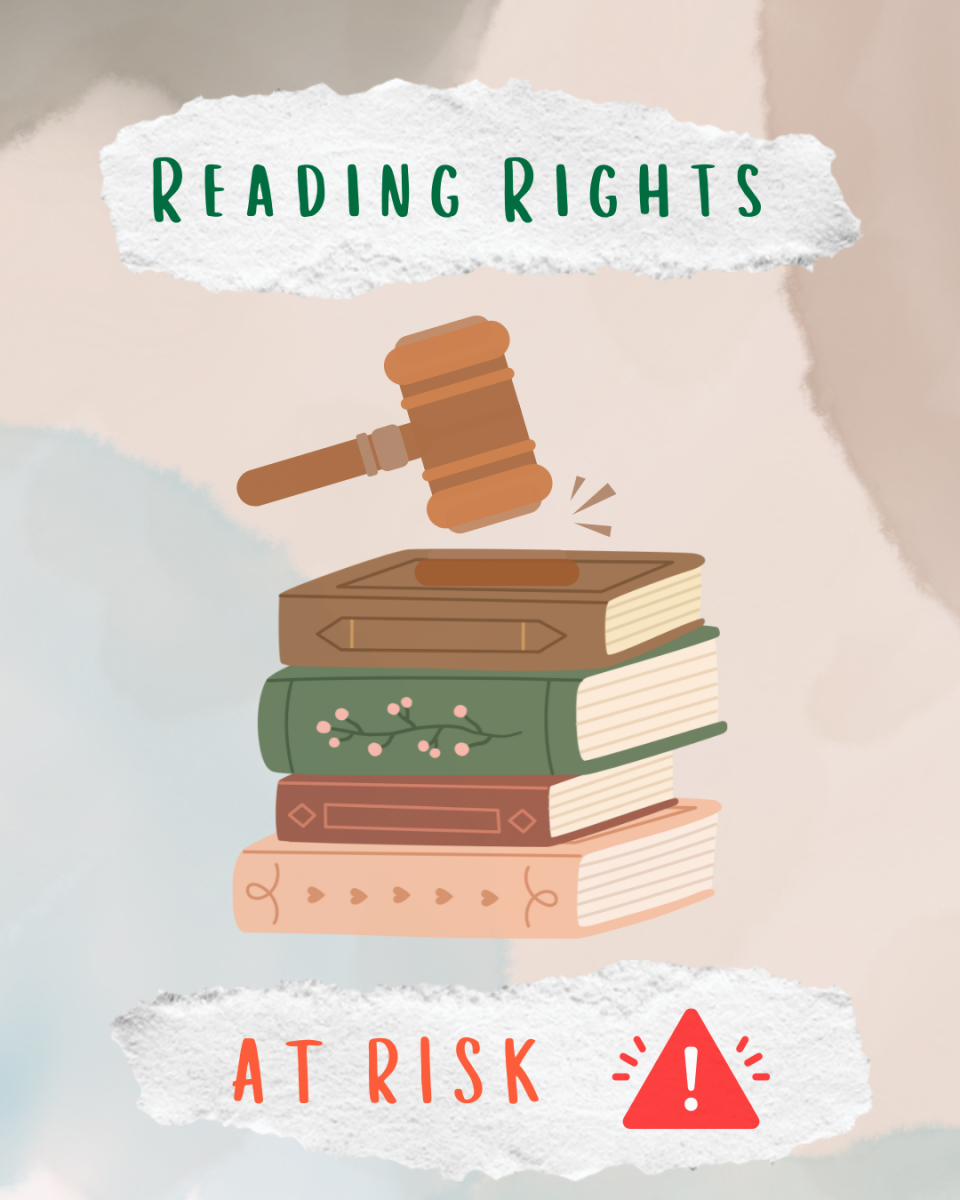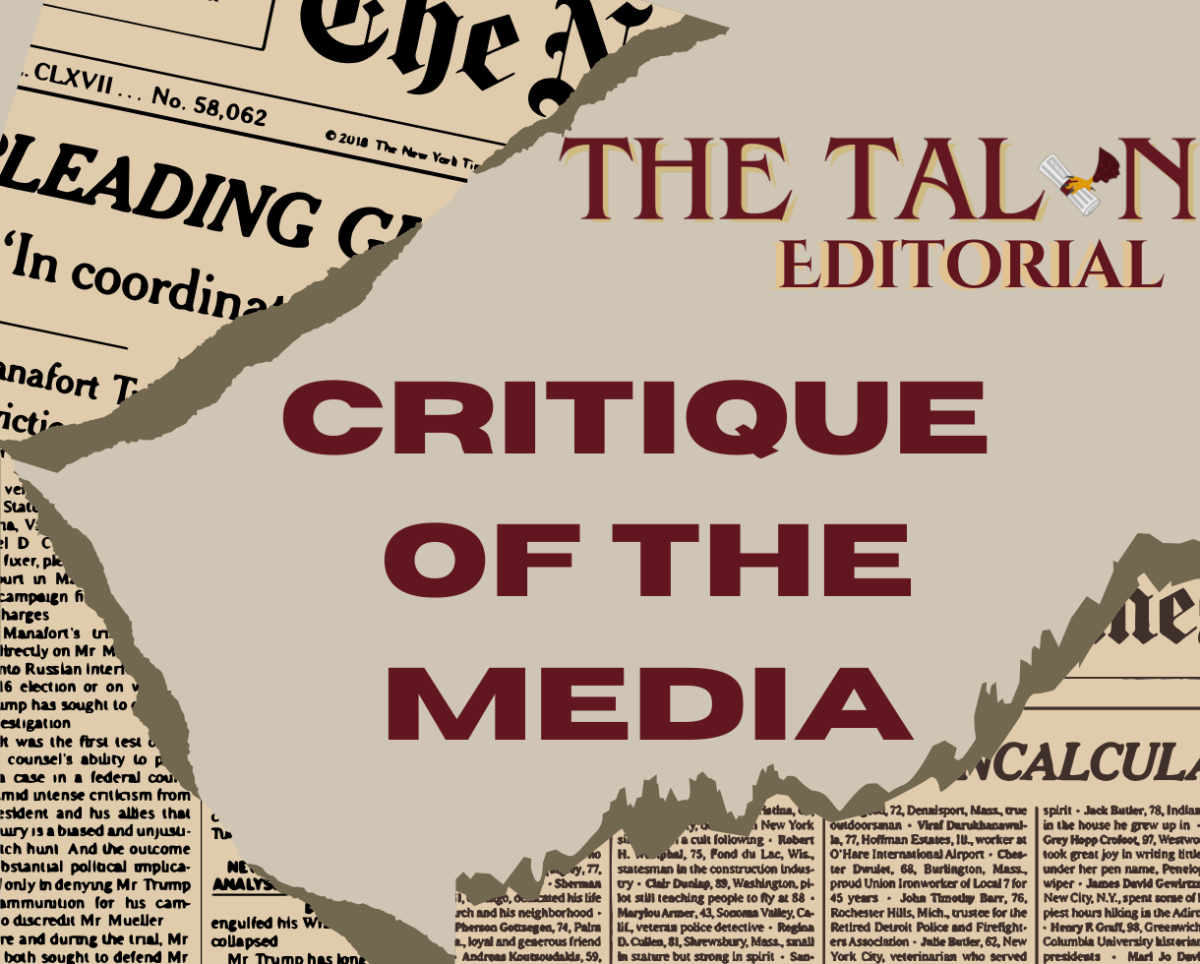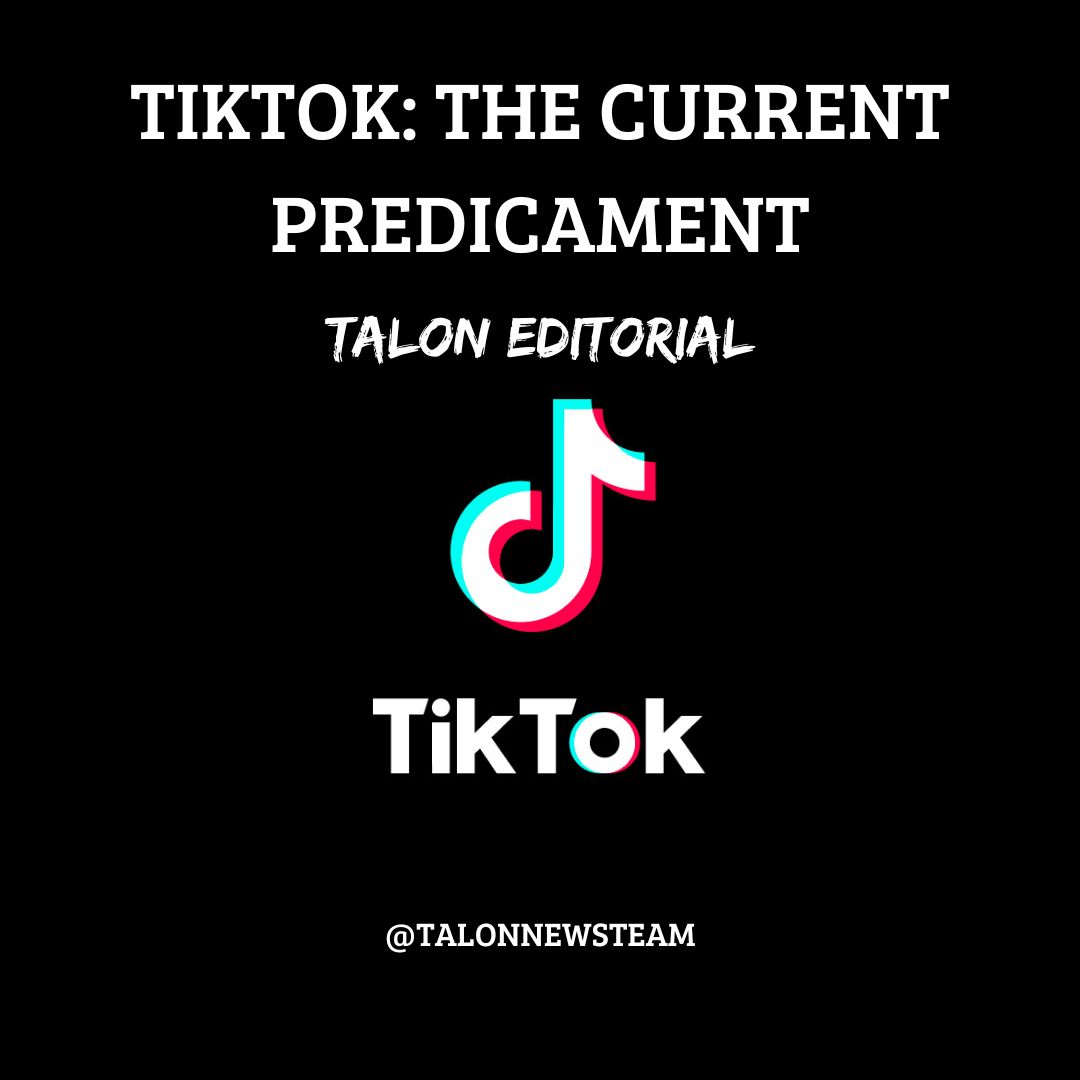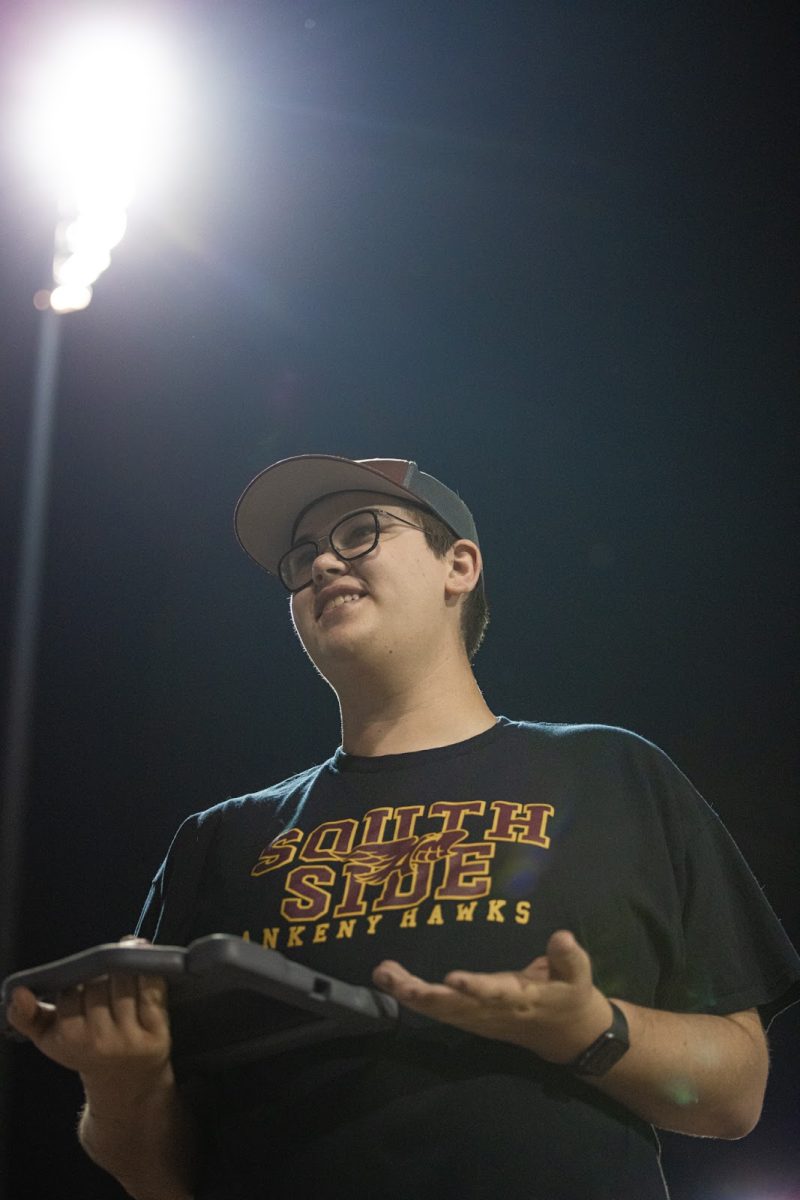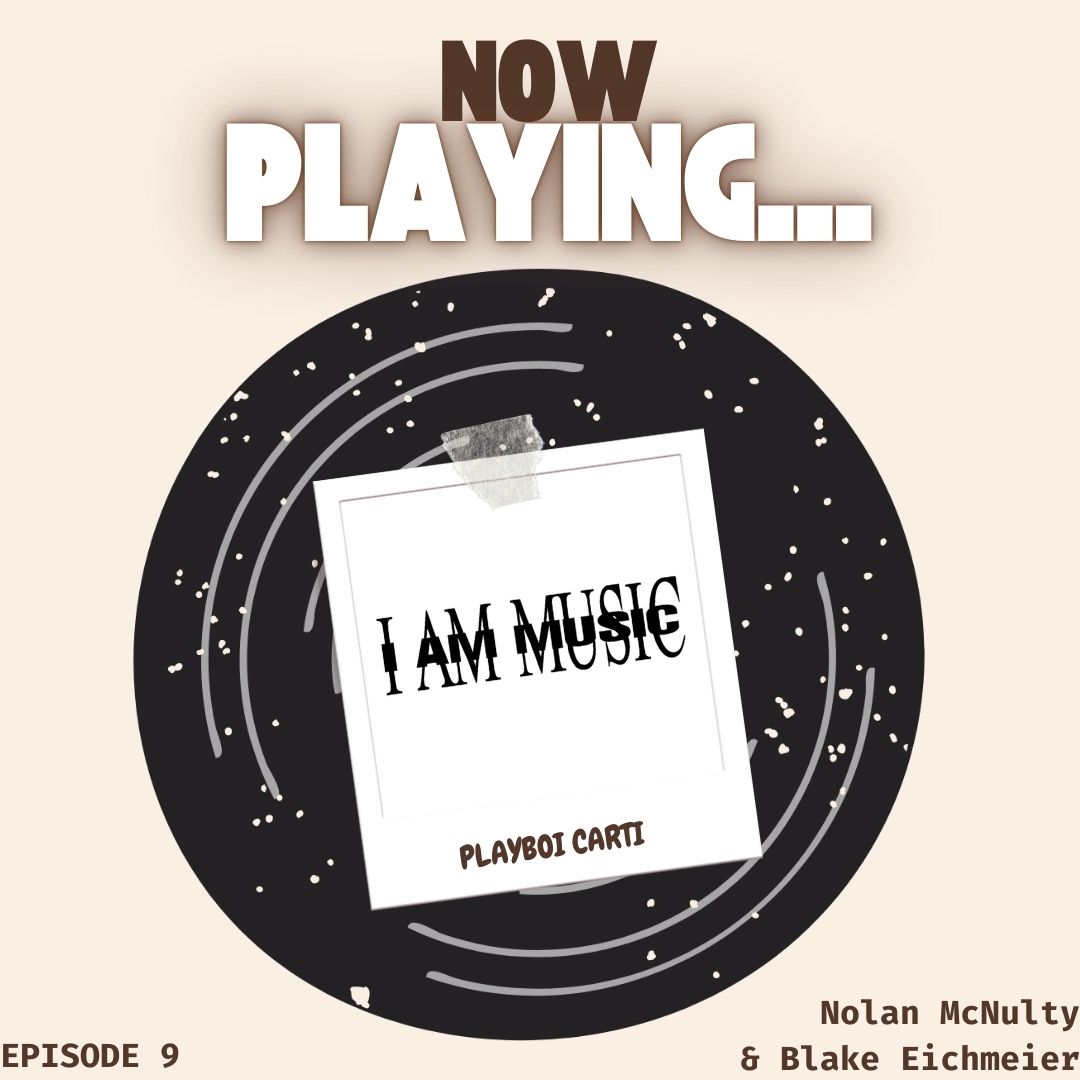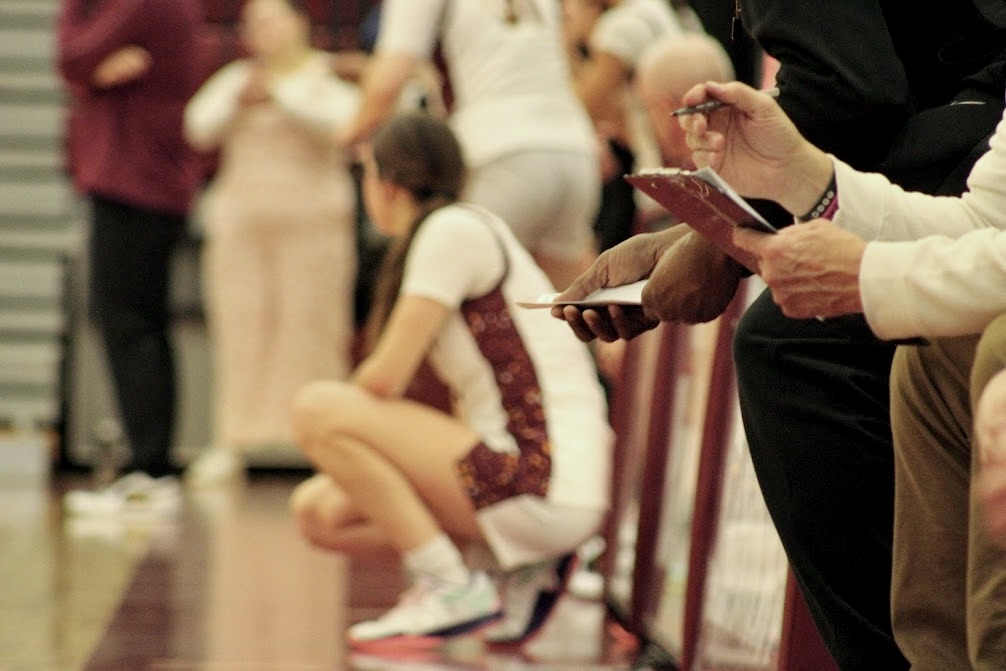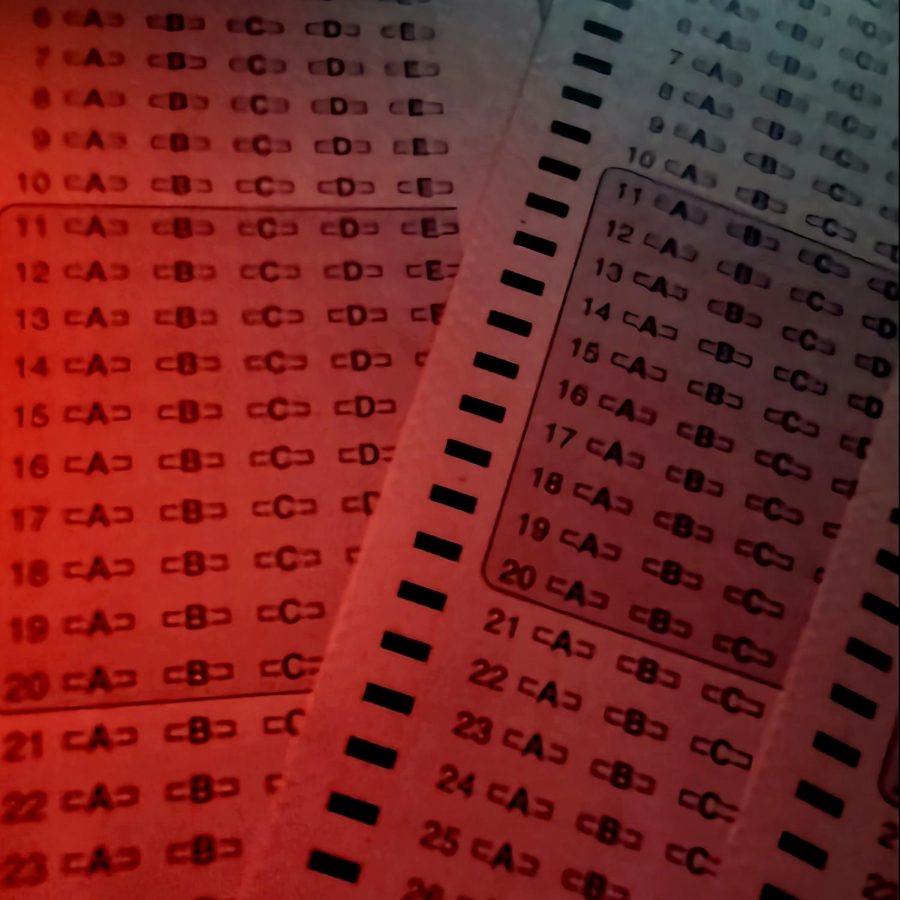COVID-19 impacts: standardized testing
Recent changes in standardized testing impact the college admissions process
The pandemic changes perceptions and protocols when it comes to standardized testing. “When schools put intense pressure on students to get a high ACT score, students begin to define their intelligence through their score which isn’t always a fair representation,” junior Jayda Archer said.
May 3, 2022
Due to the COVID-19 pandemic, colleges and universities are reconsidering the necessity for standardized testing in their admission process. As the new approaches are being applied to the standards, a few questions remain: what will this mean for students in the class of 2022 and 2023? How does this make them feel? How does this affect admission decisions?
For some students, standardized testing has never been viewed as the route colleges should use to estimate a student’s future academic performance. Some even think that the ACT is not necessary and that the four-section, paper and pencil test may not entirely show students’ capabilities.
“Standardized testing is not a very fair assessment of someone’s intelligence,” junior Jayda Archer said. “Some people are just bad test takers. They become nervous before the test, which makes them perform at a level lower than what they are fully capable of.”
The ACT consists of four sections: English, math, reading, and science. The English section contains 75 questions that must be answered in 45 minutes. The math portion must be completed within an hour with one minute per question. The reading and the science test wrap up the ACT with 40 questions allotting 35 minutes for each test. The SAT, which runs for three hours and 20 minutes is similar but replaces science with a no calculator math section. These restrictions on time keep the test short and in some situations, work against the student.
“The time constraint stresses me out,” Archer said. “I just start filling in bubbles because I know I don’t have time to think through every answer.”
To other students, the ACT is an opportunity for future growth.
“Students who didn’t think they would do very well on the test might be able to surprise themselves with an unexpected scholarship,” senior Hunter Hulling said.
There are many ACT-based and SAT-based scholarships available across the state. At Iowa State University, a 32 on the ACT or 1450 on the SAT grants incoming first-year students $3,000 for four years. A 28 on the ACT or 1300 on the SAT gives students $2,000 a year. Based on varying standardized testing scores, the University of Iowa will award undergraduate students $500-$8,500.
“I feel like students are less inclined to take it if they don’t know about the ACT or SAT and they won’t take it in time to apply for scholarships,” Hulling said. “If colleges require it, then a lot more students will end up taking it, and I feel like a lot more people will get that student aid.”
While standardized tests allow students to relieve some financial stress, it doesn’t define their academic success.
“Being consistent in school is a lot more important to colleges than one test score, even if that one test score is standardized,” Hulling said.
In fact, the regent schools in Iowa (University of Iowa, Iowa State University, and the University of Northern Iowa) have offered a test-optional admission path where the standardized tests are not required and a test recommendation admission path where the tests are submitted but not heavily considered. With the changes made, a school can take in students who were unable to or didn’t take the college exams.
“If it helps your case, great; if it doesn’t, they pretend they didn’t see it,” high school counselor Audrey Bell said. “They look at your other factors on your application.”
The progressive shift in thinking throughout the pandemic has shown colleges that a low test score may not mean a “bad” student.
“The score itself doesn’t define your success; it’s only one measure,” AHS Principal Pete Apple said.




